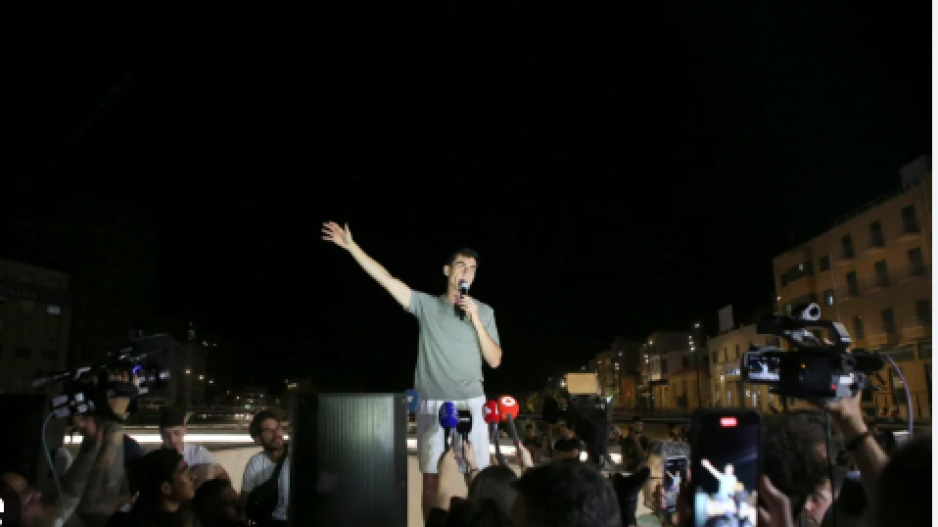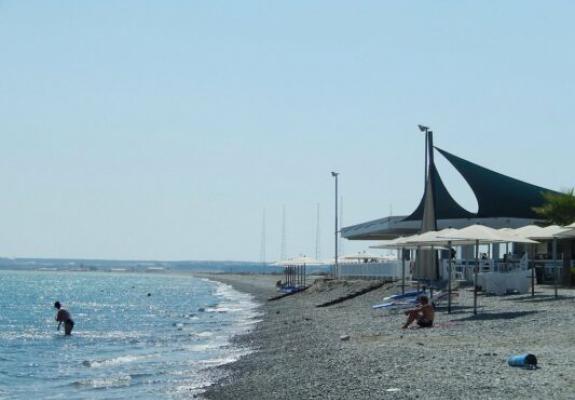Fidias Panayiotou: A Fresh Perspective in Politics or Sensationalist Populism?
The Controversial Rise to the European Parliament
In a surprising turn of events, 24-year-old social media influencer Fidias Panayiotou has secured a seat in the European Parliament, receiving 19.4% of the vote in the recent elections in Cyprus, marking him third after only DISY and AKEL. This victory marks a significant shift in the political landscape, showcasing the influence of social media personalities in politics. However, Panayiotou's win raises concerns about the implications of such trends on political discourse and governance.
Fidias Panayiotou, son of a Greek Orthodox priest, built his career on platforms like TikTok and YouTube, where his engaging content and charismatic personality garnered him hundreds of thousands of followers. His YouTube channel, which has amassed 2.6 million subscribers since 2019, propelled him to global fame with stunts like his mission to hug Elon Musk. Panayiotou's decision to run for the European Parliament came as a surprise to many, given his candid admission of knowing little about politics or the European Union.
“I am 23 years old and I have never voted in my life, and I said to myself one night that if I never vote and I never take an interest, the same nerds are always going to be in power, and I said ‘enough!"
Panayiotou's candidacy has not been without controversy. His views on sensitive issues like the Cyprus problem have been criticized for their naivety and lack of understanding. In a widely mocked video, Panayiotou suggested that Cyprus should stop negotiations and focus on becoming so wealthy that Turkish Cypriots would beg for a solution. This statement highlighted his ignorance of the Cypriot political scene, yet it did not seem to negatively impact his candidacy. Instead, his anti-politics stance resonated with a significant portion of the electorate, reflecting a broader disillusionment with traditional politics.
Panayiotou's election is part of a broader trend towards post-politics, where the focus is more on personality and public relations than on substantive political positions. This trend has been evident in Cyprus for some time, with political figures like President Nikos Christodoulides and the Speaker of Parliament building their profiles on social media, often avoiding clear political stances. In this environment, Panayiotou's adept use of social media allowed him to gain significant ground. In the United States, figures like Donald Trump and Alexandria Ocasio-Cortez have harnessed social media to build their political careers. Similarly, in Italy, comedian Beppe Grillo used his blog and social media presence to launch the Five Star Movement, which became a significant political force.
The involvement of social media influencers in politics has raised serious concerns. While it can lead to increased political engagement among younger demographics, who might feel disconnected from traditional political institutions, there are significant risks. Influencers often lack the experience and expertise of traditional politicians, which can lead to oversimplified solutions to complex problems. The danger of populism, where influencers prioritize sensationalism and popularity over substantive policy discussions, is also a real threat. This trend can undermine the depth and seriousness required for effective governance, leading to decisions driven more by viral moments than by comprehensive policy analysis.
Fidias Panayiotou's election to the European Parliament is a landmark moment, signaling a shift in how political power can be obtained and exercised in Cyprus. His success underscores the importance of social media as a political tool, but it also raises questions about the future of political engagement and governance. As Panayiotou begins his tenure, it remains to be seen how he will navigate the complexities of European politics. His promise to learn and engage with the issues suggests a willingness to grow into his new role. However, his election serves as a stark reminder that in the digital age, political power can come from the most unexpected places, bringing both opportunities and significant challenges to the democratic process.






